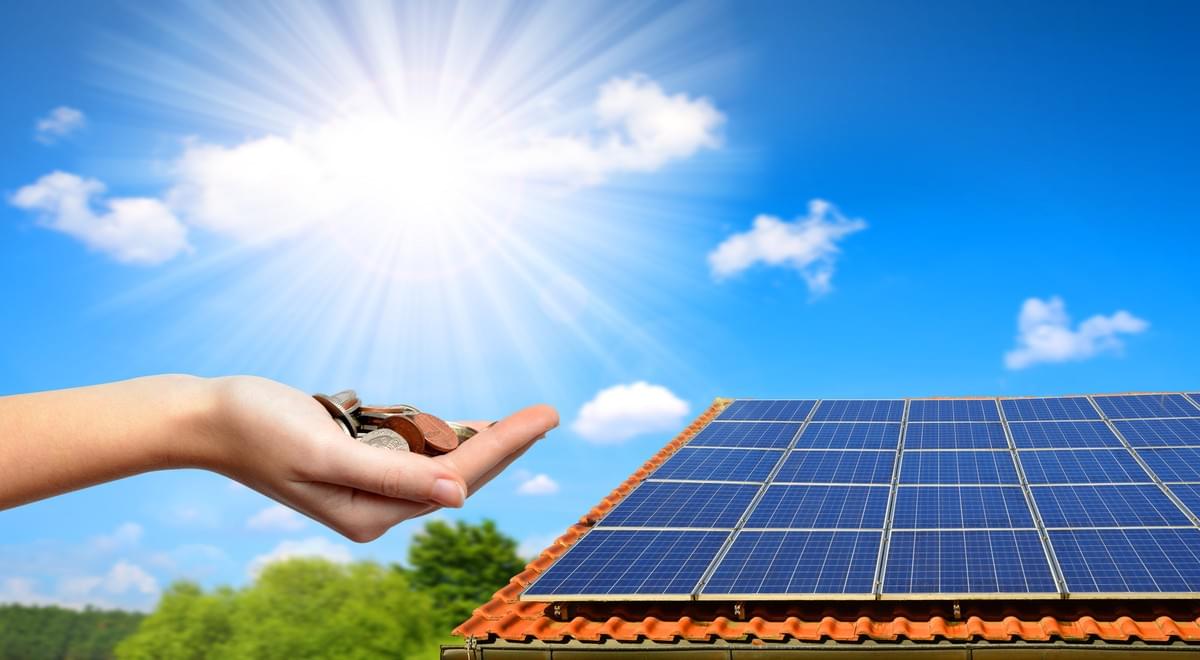
Solar panel installation in a nutshell is the installation of solar panels onto a building or other structure to harness the energy provided by the sun. The solar panel actually harnesses the energy from the rays of sunlight passing through the earth's atmosphere. These solar cells are then connected to one another and produce electricity. It is this electricity which you can use to power your home or business.
While there might be slight differences in your particular area, here's an outline of the solar panel installation process from start to finish. Most states and cities have made it much easier and quicker for people to add solar power to their homes by streamlining the licensing process with local government officials. In the end, the entire process typically takes several short visits with the city planner and the electrician and is well worth the time and effort. You will need to pay for certain permits as well as obtain final inspections before you are able to start enjoying the benefits of solar power. Check out the current offers at Blue Raven Solar by visiting their website.
In many areas across the country, including California, roof space is often a constraint that makes solar panel installation more difficult or expensive than it could otherwise be. However, new advances in flat plate and roll-to-roll manufacturing mean that panels are becoming more efficient and less expensive every year. New methods of mounting the panels on the roof have also been developed by manufacturers that make it far easier to mount panels on roofs without making unsightly cuts into the roof. New technologies have also meant that there is far less chance of moisture seeping into the systems and causing damage, so your final inspection after the installation is done should be for drier climates.
Once you have the approval and have the proper permits in place for solar panel installation, your next big expense is the installation of the power meter. Your electrical panel has three major components: the photovoltaic cells, which directly convert solar power into electricity, the power meter, and a switch which monitor the amount of electricity you generate and stores it for use. The power meter needs to be installed correctly to ensure that you get the most electricity for your energy usage. If you install it incorrectly, you may discover that you actually lose power instead of generating electricity. This means that if you do not have enough storage batteries or a power meter to properly operate your home, you may find that you cannot even turn on the lights or plug in your appliances. Read more benefits of going solar on this site now!
When you calculate the cost of solar panels over their lifetime, you will find that the initial outlay is substantially lower than if you purchased and installed conventional electrical equipment. Even when you factor in the fact that solar panels can reduce your electric bill by as much as 90%, you will still see a significant savings. Even if you were to purchase all of the required components to install solar panels on your own, you would still save a significant amount of money by doing so. The power of the sun is a renewable source of energy that will never run out and by installing solar energy panels you are taking advantage of one of the most resourceful and environmentally friendly sources of energy available.
Many of the professionals who install solar panels offer warranties that cover damage or failure of the equipment within a specified amount of time. The longer that you go with a service provider, the better chance you have of getting some kind of warranty. It is important that you find a professional who is going to offer you a guarantee for your solar panel installation so that you are not left holding the bag after the system fails. The only thing you are going to want to make sure of is that the installer comes with a warranty for his work. If you probably want to get more enlightened on this topic, then click on this related post: https://en.wikipedia.org/wiki/Solar_power.